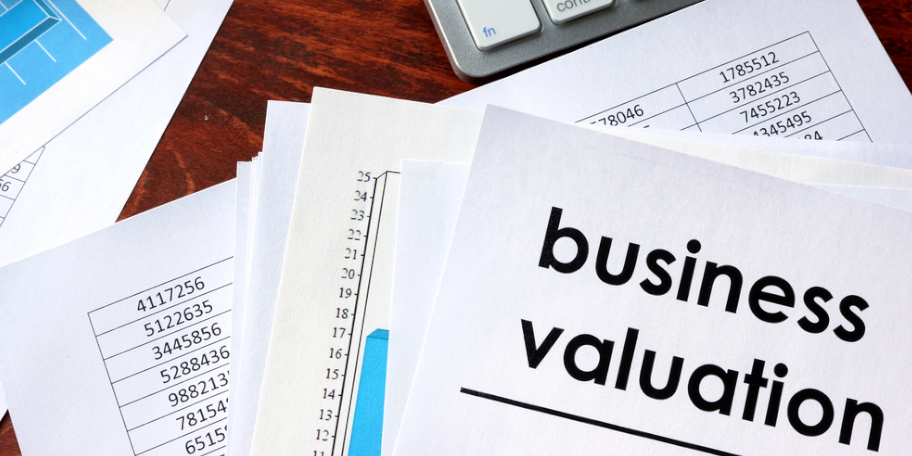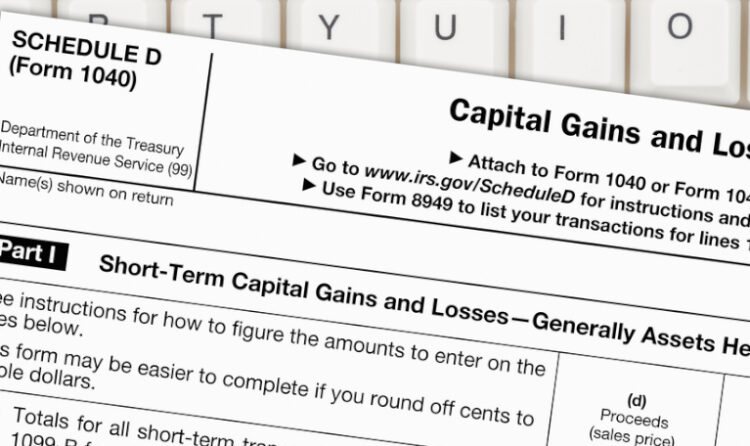The true value of a company often lies not in its physical assets, but in the unseen forces that drive its success. This intangible value is known as goodwill, and understanding how to measure it is an important aspect of a successful business sale.
How do you quantify the value of intangible business assets? Let’s break down how to value goodwill when selling a business.
What Is Goodwill When Selling a Business?
In business sales, goodwill refers to the intangible value that a business has built over time. It’s what makes your business more than just its physical assets and accounts for factors like customer loyalty, brand reputation, employee expertise, and proprietary business processes. Unlike tangible assets, goodwill is not something you can touch or see, but it often holds significant value when selling a business.
When considering how to value business goodwill, it’s important to note that it represents the potential future earnings a business is expected to generate based on these intangible assets. The buyer is acquiring a business with an established reputation and customer base that can continue generating revenue.
Why Goodwill Matters in a Business Sale
Goodwill often contributes significantly to the overall value of a business. Buyers are typically willing to pay more for a business that has a strong brand, loyal customers, and a proven track record.
If your business has built up a solid reputation and a large customer base over the years, this can increase the perceived value of goodwill, making it an attractive feature for potential buyers.
As a business owner, it’s essential to understand how goodwill fits into the overall sale price. Buyers are looking for a business that provides not just immediate returns, but the potential for long-term growth. The goodwill you’ve established can make your business a more profitable investment.
How to Value Goodwill When Selling a Business
Valuing goodwill is not as straightforward as valuing physical assets. However, there are several common methods that can be used to assess goodwill’s worth during the sale of a business.
- Market Comparables Approach
One of the simplest ways to value goodwill is by comparing your business to similar businesses that have recently sold. This approach involves looking at how businesses in your industry and with similar characteristics were valued, paying close attention to their goodwill. The market comparables method can provide a benchmark for determining how much goodwill is typically worth in your industry.
- Income-Based Approach
Another method for valuing goodwill is the income-based approach. This method calculates the value of goodwill based on the expected future earnings the business can generate.
The idea is that the goodwill associated with a business will contribute to future profits, and these profits are then discounted to a present value. This approach requires an understanding of your business’s historical financial performance, as well as projections for future growth.
- Asset-Based Approach
The asset-based approach is useful when valuing a business that is primarily reliant on its physical assets. In this case, the goodwill is calculated as the difference between the business’s overall value (including assets) and the net value of its tangible assets, such as equipment, inventory, and real estate.
If the business’s intangible assets (goodwill) are substantial, this difference can provide a good indication of the value of goodwill.
- Discounted Cash Flow (DCF) Method
The discounted cash flow method estimates the value of goodwill by calculating the present value of future cash flows generated by the business’s intangible assets.
This is a more detailed approach and requires projecting future earnings and applying a discount rate to account for risks and uncertainties. It’s often used for businesses with strong long-term potential.
Maximizing the Value of Goodwill
If you’re preparing to sell your business, there are several ways to increase the value of goodwill:
- Focus on Customer Retention: Strong customer loyalty and a solid base of repeat customers are key components of goodwill. Demonstrating that you have a steady customer flow can make your business more attractive to buyers.
- Enhance Brand Recognition: A strong, positive brand reputation can significantly increase the value of goodwill. Consistently delivering quality and maintaining a positive image in the market can enhance the perceived value of your business.
- Streamline Operations: A business with efficient operations and a trained workforce is more valuable to buyers. The smoother your business runs, the more appealing it becomes, contributing positively to its goodwill.
The Value of Goodwill in Business Sales
Goodwill represents the ongoing potential and future earnings of your business. Buyers are often willing to pay a premium for a business that comes with a strong reputation, loyal customers, and an established market presence.
Strategic Business Brokers Group helps business owners assess and maximize the value of their businesses, including goodwill, for a successful sale.
Our expert business brokerage team provides comprehensive services to guide you through every step of the selling process. For expert guidance on valuing goodwill when selling your business, contact us today.










